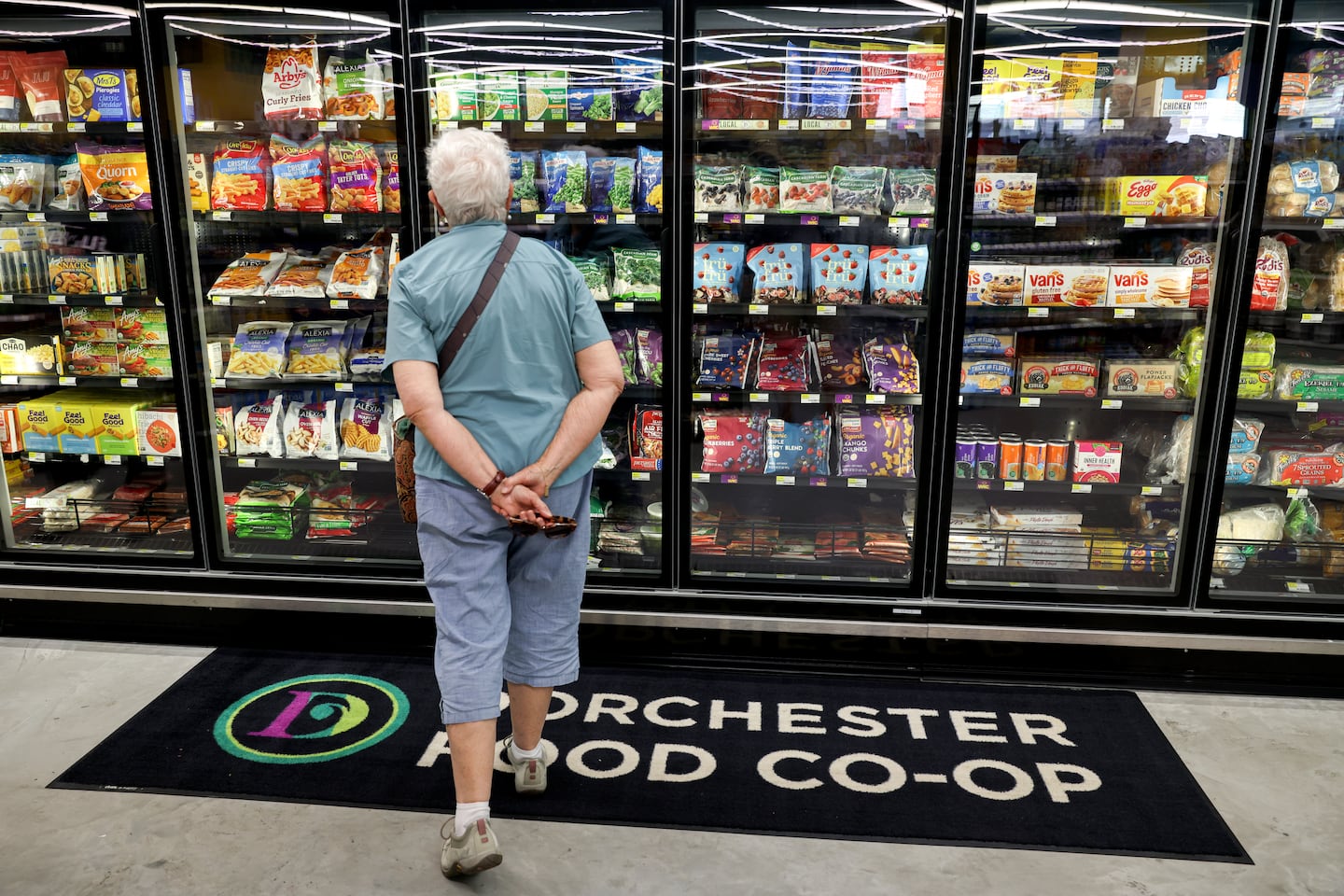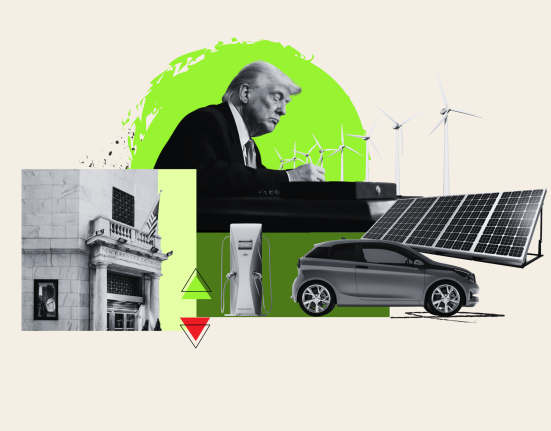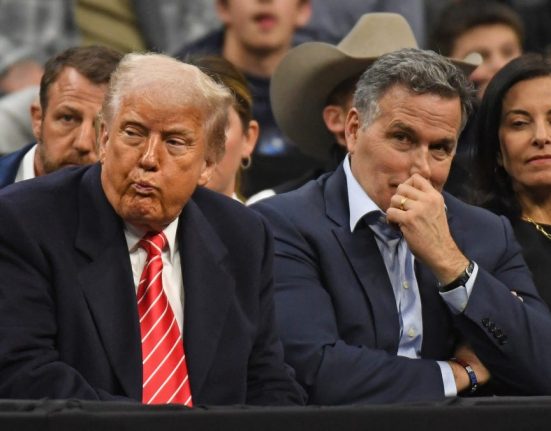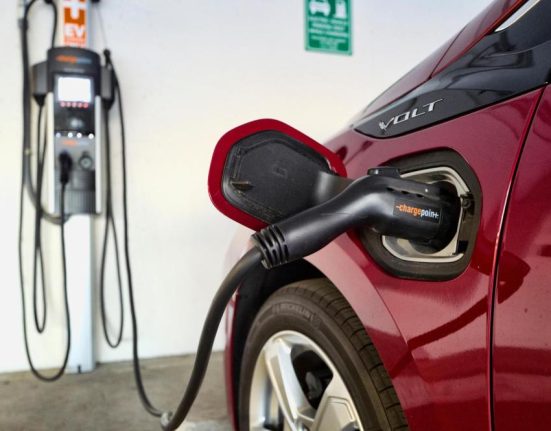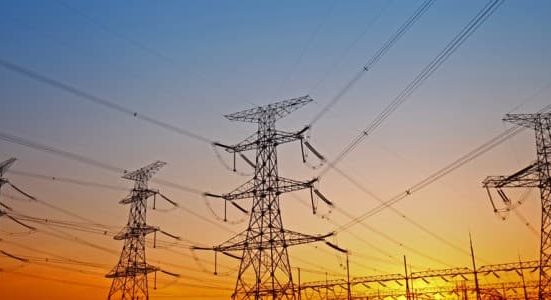“It made a hike more like a mountain climb,” said King, who is the president of the Boston Community Solar Cooperative.
Massachusetts had been one of the biggest intended recipients of the $7 billion federal Solar for All grant program. More than $156 million had been obligated to the state, which would have helped 29,000 Massachusetts households lower their energy bills by 20 percent, create approximately 3,000 good-paying jobs, and add 125 megawatts of solar energy across the state, according to state officials.
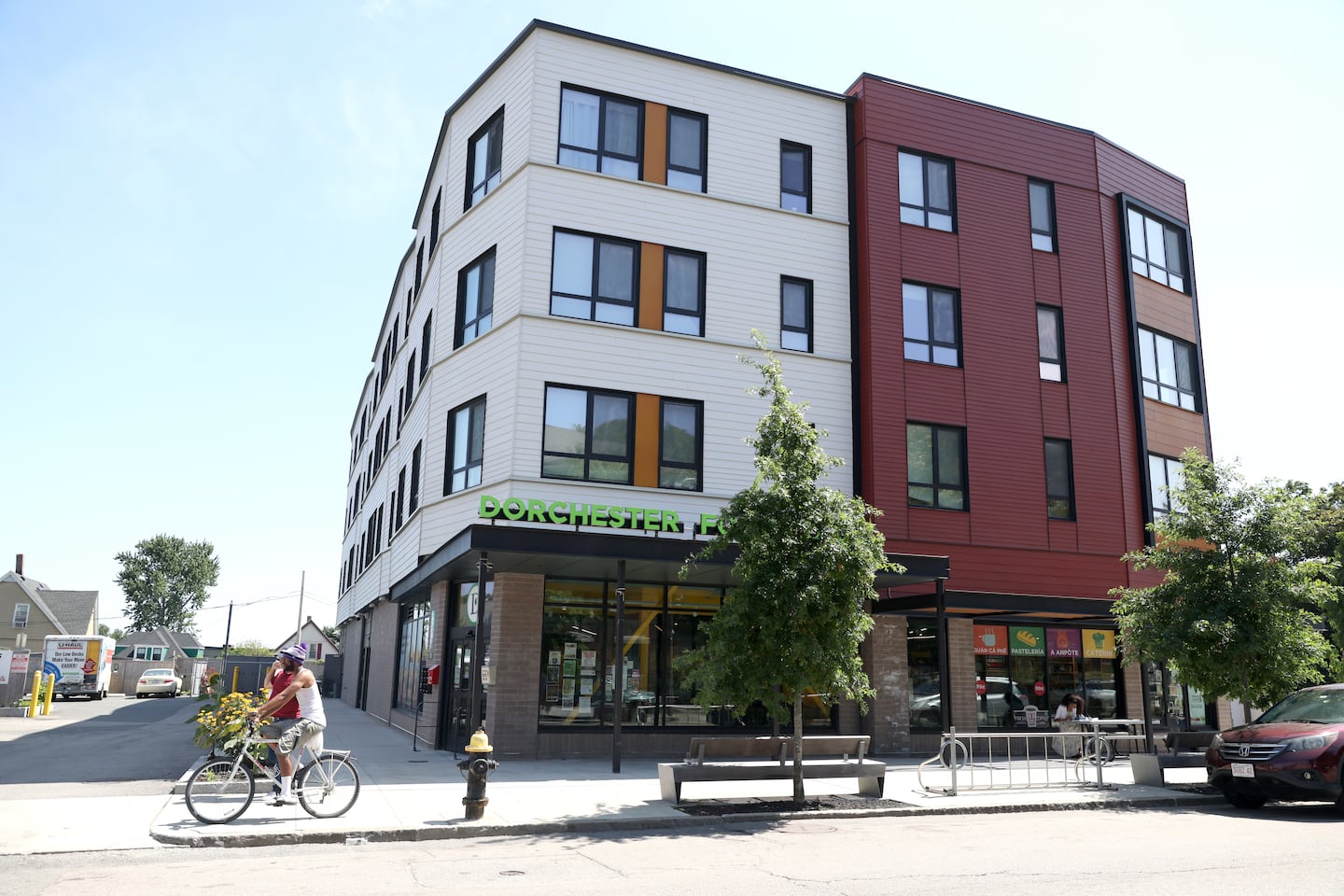
“Solar has been the number one contributor to increased growth in electricity generation in the United States,” said Nick d’Arbeloff, president of the Solar Energy Business Association of New England. “Here we are cutting off one of the primary sources of electricity at the knees … It is simply irresponsible, illogical, and, frankly, dumb to do what they’re doing.”
In announcing the cancellation of Solar for All on X (formerly Twitter), EPA administrator Lee Zeldin called the program a “boondoggle,” and said Trump’s recently passed tax bill provided the legal basis for the claw-back of the funds.
Solar for All was part of the $27 billion Greenhouse Gas Reduction Fund that was created by the Inflation Reduction Act, a landmark piece of climate and clean energy legislation passed by the Biden administration in 2022. With the One Big Beautiful Bill Act, Trump eliminated the fund, taking the Solar for All program with it.
Since taking office for his second term, President Trump has taken aim at the funds that were authorized by the IRA — hundreds of billions of dollars intended to speed up the clean energy transition while creating jobs.
After an initial freeze early this year, a preliminary injunction from US District Judge Loren AliKhan in Washington, D.C., ordered they be made available.
But, like many grant programs, the Solar for All funds are distributed as reimbursements — which means they don’t land until a project is up and running. Because the program was not expected to be completed in Massachusetts until early this fall, that means even though those funds have been available, they have not yet been accessed.
On Thursday, Governor Maura Healey decried the action by the Trump administration, while urging the administration to “abandon any plans to terminate the Solar for All grants.”
Attorney General Andrea Campbell’s office, meanwhile, is evaluating legal options.
“Canceling the Solar for All program will raise energy costs for tens of thousands of low-income and disadvantaged Massachusetts households that will no longer be able to access the benefits of solar, eliminate the creation of green jobs across our state, and push us further away from reaching our climate goals,” Campbell said.
In Dorchester, King said the plans should be able to move ahead — the funds have already been secured, and they’re just waiting on a few final steps before construction begins. It’s just not clear whether he’ll be able to develop more solar projects.
King’s model is a twist on traditional community solar, in which people buy into a solar development to get a discount on their electricity rates. In Dorchester, members buy in for $100, and are paid minimum wage to work about 4 hours a week to identify other potential sites. Once the solar array is up on the Food Co-op, members will receive a portion of the profits, and a second option will become available for those who wish to invest $1000 to participate without the work requirement.
Some profits would also go toward establishing additional sites in environmental justice neighborhoods.
“Part of the reason we have a wealth income gap in Boston is that Black and brown people don’t typically own much,” said King. “We’re trying to change that by essentially having people own this cash-generating asset.”
But in order to make the numbers work, King was counting on the tax credits, Solar for All, and the pre-tariff costs for solar panels.
However, not all is lost. The state recently revamped its solar incentive program, making its incentives more responsive to market conditions while bringing the benefits of solar to more low-income residents. King said that should help. And he’s hopeful he can find investors or other ways to access low-interest financing.
“What it means is projects are going to be less profitable,” King said.
But it doesn’t mean he’s giving up. “We put a lot of effort into this. And, new administration be damned, we’re going to try to deliver on the things that we’ve been working towards.”
Sabrina Shankman can be reached at sabrina.shankman@globe.com.

